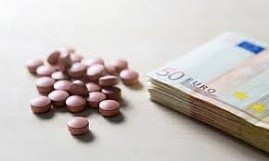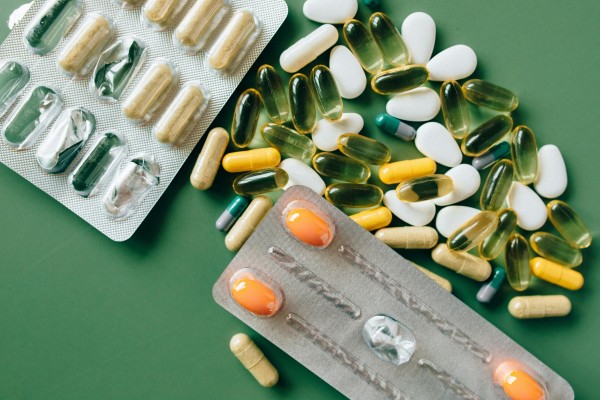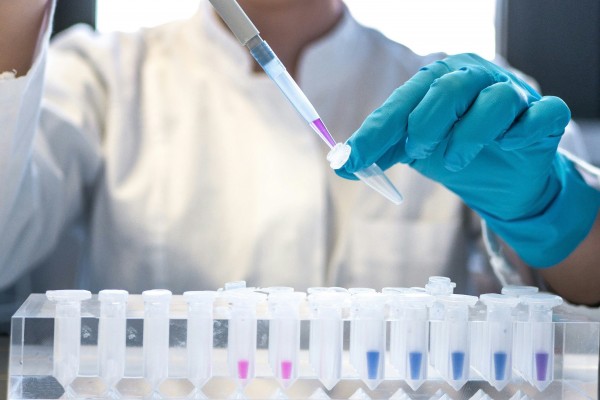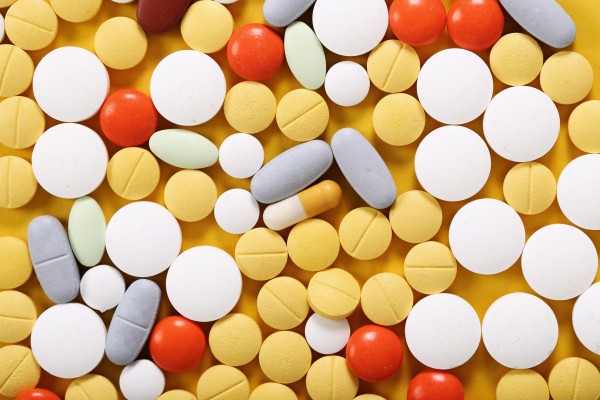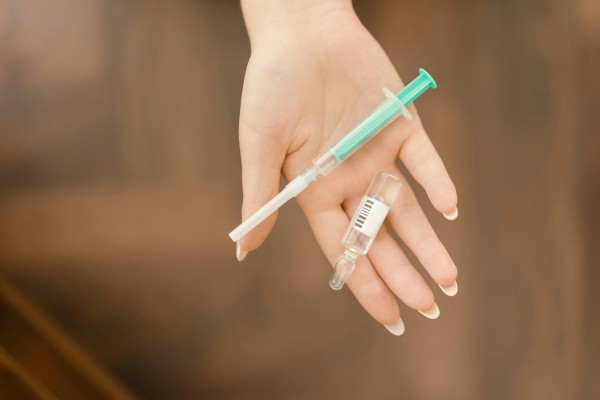The European Commission fined pharmaceutical companies Teva and Cephalon € 60.5 million for a mutual agreement between the companies to delay the market launch of a cheaper generic version of Cephalon's sleep disorder drug, modafinil, for several years after expiration major Cephalon patents. The fines imposed by the Commission on Teva and Cephalon are € 30 million and € 30.5 million, respectively.
According to the European Commission, the agreement between the companies came long before Cephalon became a subsidiary of Teva, which violated EU antitrust laws and caused significant damage to patients and EU health systems, keeping the prices of modafinil high.
According to executive vice president Margrethe Vestager, in charge of antitrust policy, "If pharmaceutical companies agree to restrain cheaper versions of drugs from entering the market, it is illegal and even if their agreements are in the form of regular commercial transactions."...
Modafinil is a medication used to treat excessive daytime sleepiness associated in particular with narcolepsy. It was the best-selling product of Cephalon (a Provigil trade name) and for many years accounted for over 40% of the company's worldwide turnover. Although the primary patents for modafinil expired in Europe by 2005, Cephalon still held some patents related to the formulation of the drug, which provided additional patent protection.
The European Commission's decision to impose a fine concerns a patent settlement agreement under which Cephalon encouraged Teva not to enter the market with a cheaper version of modafinil in exchange for a package of additional commercial deals beneficial to Teva, as well as some cash payments. Teva held its patents for the modafinil manufacturing process, was ready to market modafinil with its own generic and even started selling it in the UK, but agreed with Cephalon to stop the market entry and not challenge Cephalon's patents.
A European Commission investigation revealed that for several years this "pay-for-grace" agreement excluded Teva from the competition and allowed Cephalon to continue to profit from the high cost of modafinil, despite the expiration of the underlying patent.
The launch of a new drug (generic) entails price competition, which can lead to a drop in prices of up to 90%. When Teva entered the UK market for a short period in 2005, it did offer a price 50% lower than Provigil.
Such agreements between companies can also have a negative impact on innovation. Competition from generics encourages pharmaceuticals to focus their efforts on developing new drugs, rather than maximizing revenues from selling "old" drugs by artificially maintaining market exclusivity.
The described actions of companies that violated EU legislation continued in almost all EU countries from December 2005 to October 2011, i.e. until Teva acquired Cephalon and they became part of the same group.
